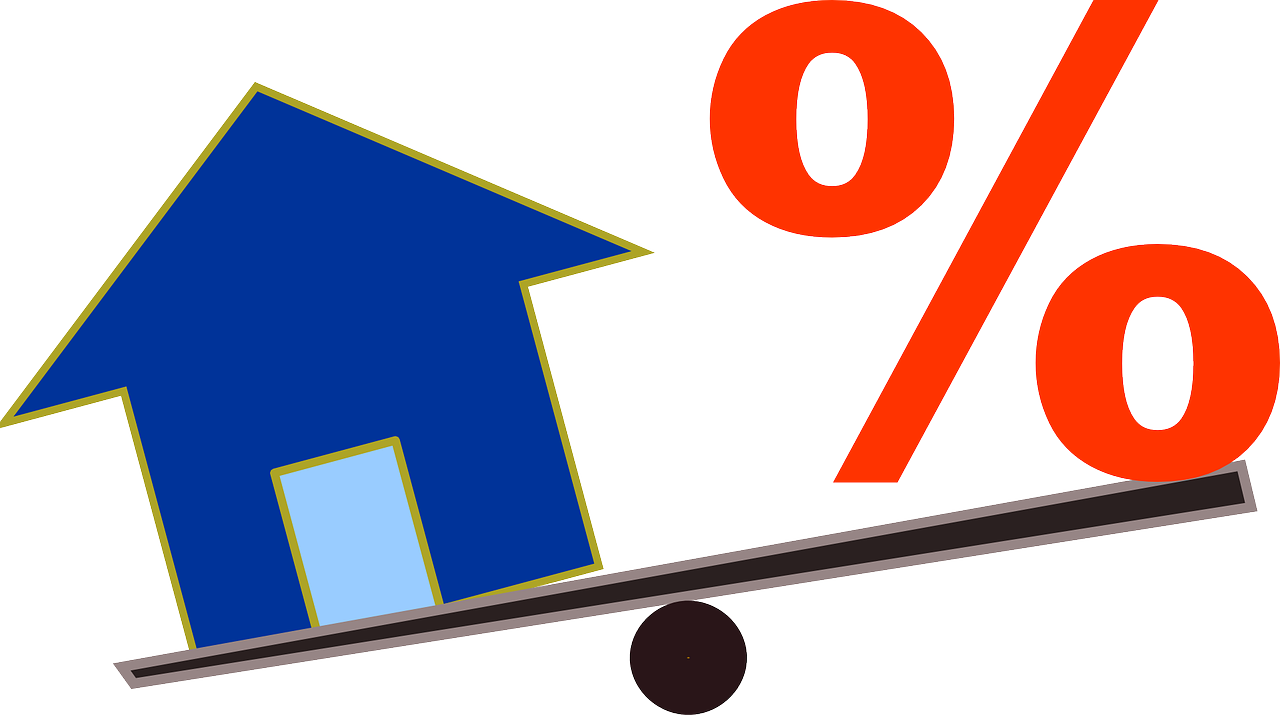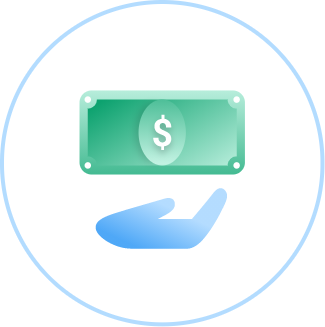
When you take out a home loan, you owe the lender a sum of the principal, the interest, and other smaller fees. Charging interest and fees is how the lenders make money. Usually, the costs are standard, but the interest amount often varies from one borrower to another depending on various factors. So, how do lenders arrive at a specific figure in interest, and how do they calculate it?
This article explains the basics of a home loan interest rate, including the mortgage interest formula used to calculate interest.
The interest rate on your home loan is expressed as a percentage annual rate, calculated against the principal amount, which determines how much you’ll pay for the loan in a year. Since the annual amount can be significant, the lender breaks it down into smaller installments that you pay every month.
In determining the interest rate to attach to your home loan, lenders rely on factors like:

To exhaustively answer the question ‘how does home loan interest work,’ we must then discuss how the interest is calculated. Lenders use a formula.
The mortgage interest formula used is: M = [ P . r (1 + r)n ] / [ (1 + r)n - 1 ]
Where:
Suppose you take out a $300,000 mortgage for 25 years with an amortized 6% annual interest rate. Since you will make monthly payments, the interest charged is divided by 12 and multiplied by the outstanding principal amount.
P = $300,000
r = 0.06 / 12 = 0.005
n = 25 × 12 = 300
Insert these figures into the mortgage interest formula M = [P. r (1 + r)n] / [(1 + r)n - 1] to find ‘M’.
M = [300,000 × 0.005 (1 + 0.005)300] / [(1 + 0.005)300 - 1]
M = $1,932.904
The mortgage you will pay per month is $1,932.91 (rounded up). In a year, you will pay $1,932.91 × 12, which is $23,194.92.
With a fixed-rate interest loan, the amount you pay monthly does not change. However, in theory, the amounts should be decreasing since the interest rate is multiplied by a reduced principal balance – however, home loan lenders use amortization to calculate your payments which keeps your payments consistent and predictable.
Amortization distributes the loan term’s interest so that your monthly payments are more interest and less of the principal amount in the early years. Towards the end of your loan term, the repayment switches – with more of your monthly payment going towards your outstanding balance, and only a tiny portion covers the interest.
Get on LendMeMoney.com
With a complete answer to your question, “How does home loan interest work?” and understanding of the mortgage interest formula used to calculate mortgage loan payments, you can decipher different mortgage offerings.
Explore the mortgage offerings on LendMeMoney.com and find a compatible lender. We endeavor to shorten and ease your search by picking the best offers in the market. Contact us for more information or help picking out a suitable mortgage offer.

Answer a few questions


View competitive offers instantly


Request a loan


Get approved

Answer a few questions


View competitive offers instantly


Request a loan


Get approved